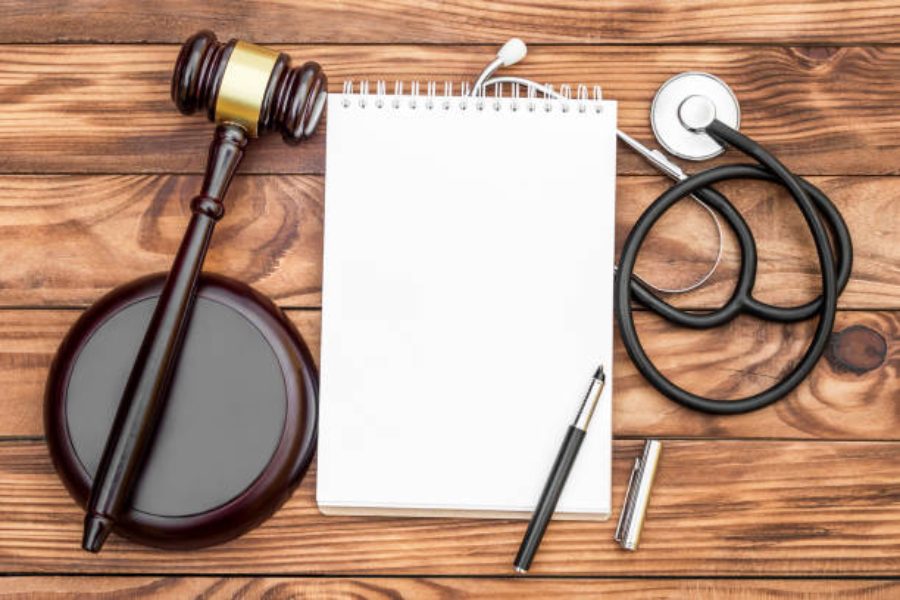Cincinnati is a beautiful city famous for its architecture and is located in Ohio, United States. With its growing population, personal injury cases are very common here. When you file a personal injury claim, medical records are vital to substantiating your injuries and ongoing treatment.
That being said, this does not give the other side free rein over your entire medical history. United States laws, such as the Health Insurance Portability and Accountability Act (HIPAA), are quite strict about when and how your private health information can be given.
Victims have Monge & Associates Cincinnati injury attorneys for handling the claims process, where they make sure that any files being exchanged are sent using recognizable and reliable platforms that can be traced.
Balancing the quality of evidence and protection of privacy is key to preparation for litigation.
How Your Lawyer Helps Maintain Confidentiality
An experienced personal injury attorney plays a key role in protecting your medical privacy. They will review all discovery requests, ensure that releases are narrowly tailored, and object to overly broad demands. On top of that, they may also censor records before disclosure, removing any sensitive details regarding the injuries.
Know Your HIPAA and Privacy Protections
HIPAA is a federal law that protects the confidentiality of your personal health information and prevents fraudulent or unauthorized sharing of this data. This law still applies to personal injury cases; however, there are some HIPAA exceptions that allow for certain relevant records to be released.
For instance, the defense might ask for your health records related to the injuries you claim, which does not mean that they have access to all of your medical history. These protections protect your right to claim an injury; you must share some evidence of that injury, but you do not need to reveal all of the details leading up to it. Being aware of those boundaries allows both you and your attorney to maintain some control over what is divulged.
What Information the Other Side Can Legally Access
The opposing party is entitled to review evidence that supports or contradicts your injury case. This includes:
- Records specifically related to the injury from the accident
- Diagnostic findings, imaging, and test results related to the alleged injury
- Progress notes, prescriptions, and physical therapy records for recovery
They, however, have no right to ask for access to records of other unrelated medical conditions or prior surgeries unless these are relevant directly to the injury under dispute. Your attorney can also challenge requests deemed overly broad and irrelevant to the case.
A crucial task your personal injury lawyer is to evaluate the validity of any requests and ensure they align with what is legally permissible. They also help protect your privacy by pushing back against attempts to obtain information that has no bearing on your claim.
Understanding Medical Releases and Authorizations
Medical release forms are documents you may be asked to sign during a personal injury case. Such releases would allow medical providers to disclose your records to the other party or their insurance company.
It is important that these releases are specific, focused on exactly one thing, and can only be released to an extremely limited number of people. A well-crafted release will identify both the specific providers allowed to exchange info and the service dates, as well as the actual records.
Conclusion
Because medical information is so personal to you, the regulations require some disclosure (if you bring a lawsuit for personal injury, the opposition side has a right to it), but they also give you control over what does and does not get shared.
Therefore, understanding who holds HIPAA protections and collaborating with your attorney will help limit any records released to only those factors relevant to your claim.
William Gall is a seasoned attorney specializing in civil litigation and family law. With a legal career spanning over two decades, William has built a reputation for his meticulous attention to detail and his unwavering commitment to justice. In addition to practicing law, he is a prolific writer, contributing regularly to various legal blogs where he shares his insights on current legal trends, case law, and best practices. His articles are well-regarded in the legal community for their thorough research and practical advice, making complex legal concepts accessible to both legal professionals and the general public.


